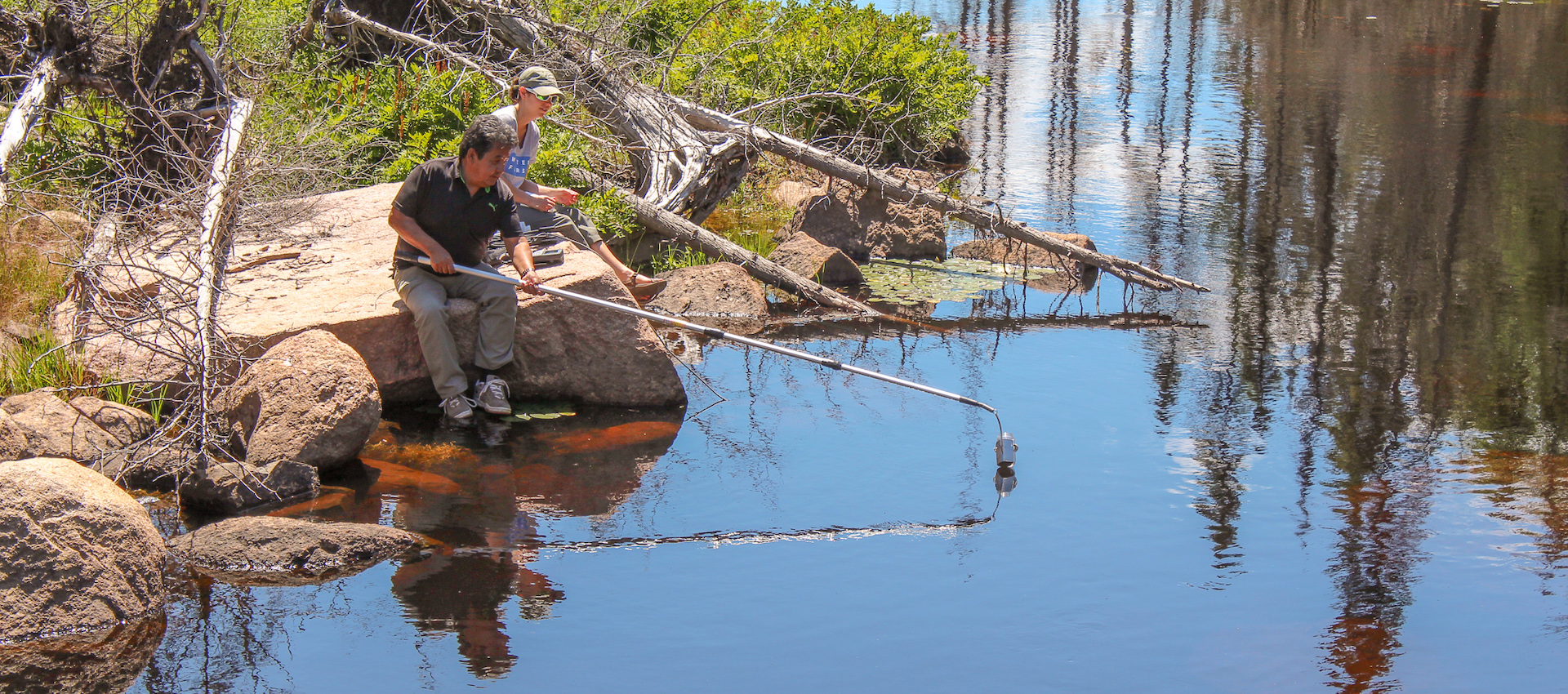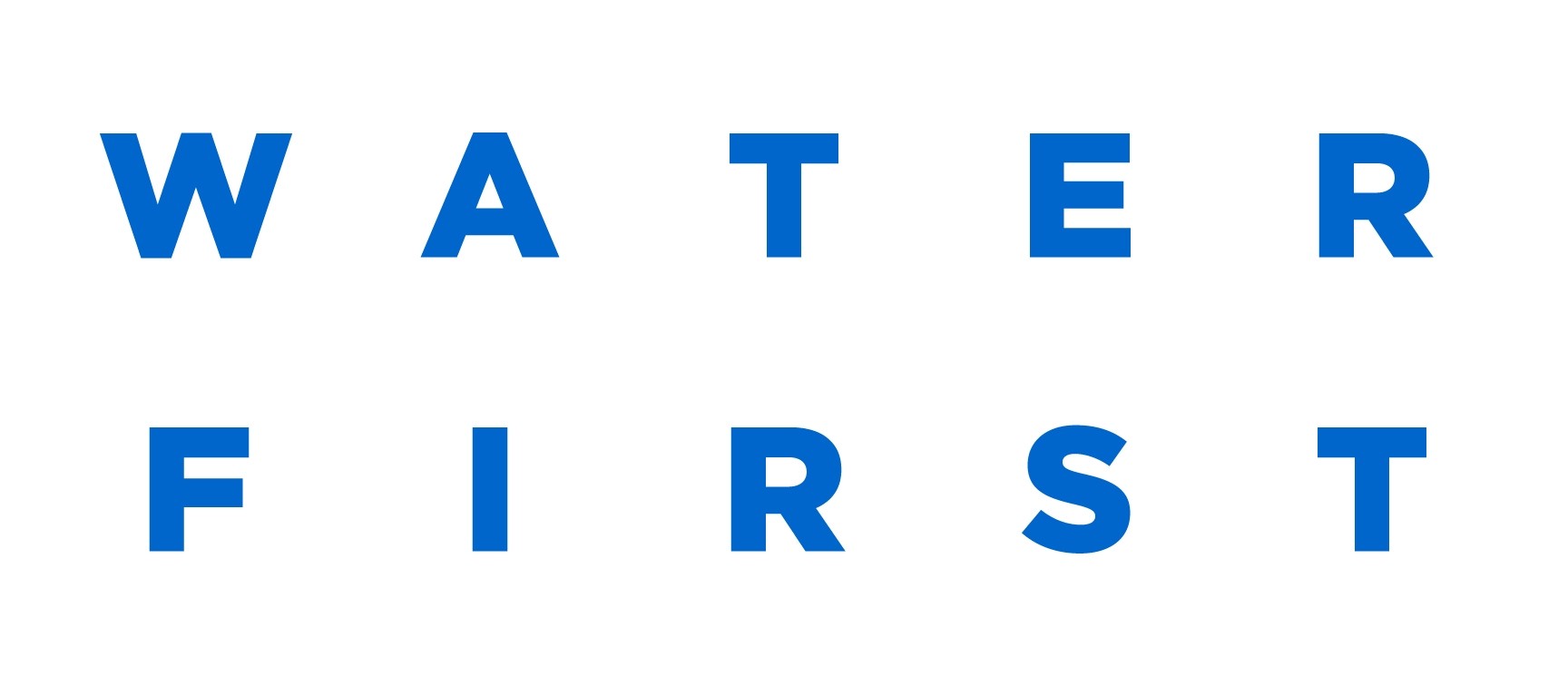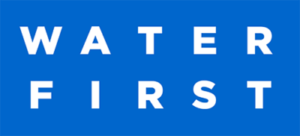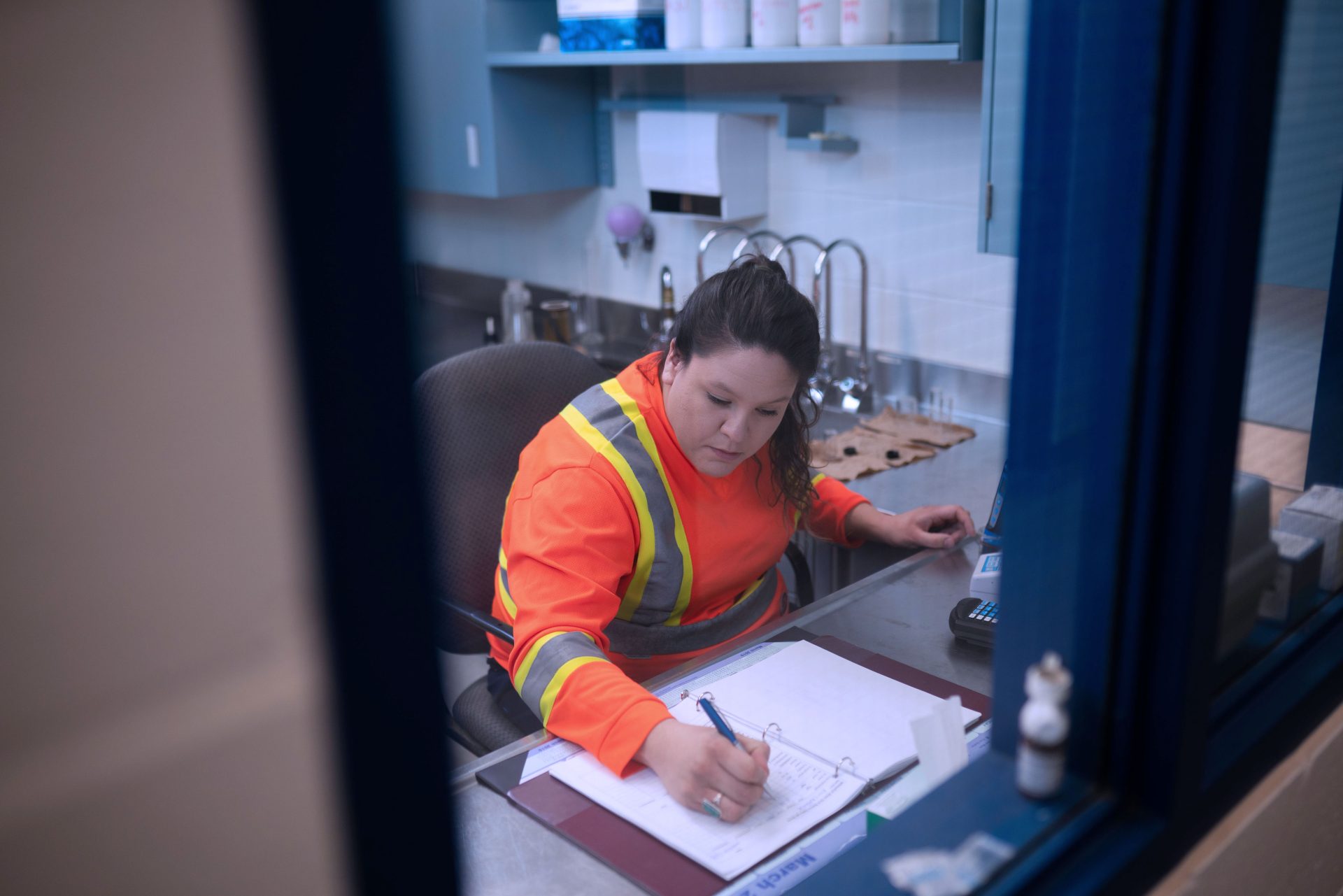
Program Impacts
Home / What We Do / Program Impacts
The water crisis facing Indigenous communities is profound. Founded in 2009, Water First Education & Training Inc. partners with Indigenous communities to help resolve local water challenges through education, training and meaningful collaboration. Water First offers training and education in three key programs: Drinking Water Internship, environmental water technical training and school-based water science education workshops.
The approach to providing these programs sets Water First apart. We listen and work alongside Indigenous partners to learn about long-term environmental water goals and local training needs. Each program is then adapted based on these local, community-identified needs.
Bringing skills training and internship opportunities to communities provides training opportunities that are locally based and connect learning and skill development to the land and water.
Water First has partnered with from coast to coast to coast
Primary goal: To train Indigenous adults to become certified water treatment operators, in order to provide safe, clean drinking water for future generations.
* From program inception in 2017 to October 31, 2023.
FY 2020/2021 | FY 2021/2022 | FY 2022/2023 | FY 2023/2024 Projected | |
|---|---|---|---|---|
Number of participants 1 | 30 | 44 | 39 | 46 |
Number of participants able to graduate 2 | 0 | 14 | 16 | 23 |
Number of graduates 3 | 0 | 11 | 14 | 19 |
Annual graduation rate | n/a | 79% | 88% | 83% |
Number of new trainees starting the program | 16 | 14 | 9 | 23 |
Number of Indigenous communities engaged in program partnership each year | 18 | 25 | 20 | 19 |
¹ Depending on start and end dates, participant enrollment spans 2 or 3 fiscal years resulting in a single trainee being represented in more than one year.
² Program end dates vary. Sometimes there are no trainees scheduled to graduate in a given year, despite many participants actively engaged in the program.
³ There were no graduates in FY 2020/2021 because the enrolled participants were all scheduled to graduate in FY 2021/2022 or FY 2022/2023.
Primary goal: To recruit, support, and train Indigenous adults to gain employment in water resource stewardship.
* From program inception in 2013 to October 31, 2023.
FY 2020/2021 | FY 2021/2022 | FY 2022/2023 | FY 2023/2024 Projected | |
|---|---|---|---|---|
Number of Participants | 35 | 47 | 58 | 47
|
Number of Training Hours 4 | 255 | 1,147 | 985 | 708 |
Number of Collaboration with Indigenous Communities & Organizations | 7 | 11 | 19 | 11 |
Primary goal: To engage Indigenous students, from kindergarten to grade 12, to showcase pathways to careers in aquatic science and drinking water sectors.
* From program inception in 2016 to October 31, 2023.
FY 2020/2021 | FY 2021/2022 | FY 2022/2023 | FY 2023/2024 Projected | |
|---|---|---|---|---|
Number of Students | 215 | 1,220 | 1,721 | 1,250
|
Number of High School Credits Earned 5 | 9 | 49 | 33 | 26 |
Number of Programs Delivered | 7 | 27 | 32 | 26 |
Number of Collaboration with Indigenous Communities & Organizations | 6 | 25 | 35 | 30 |
Number of Youth Mentors Supported | 0 | 0 | 2 | 3 |
Due to the global pandemic, we were unable to deliver many in-person workshops for nearly two school years.
5 The Summer Reach Ahead Program pilot began in fiscal year 2020/2021.
Strengthening our foundation for growth and lasting results
Water First’s objective is to meet the needs of any Indigenous community in Canada that wants to partner with us to address water challenges through education and training. We’ve seen a surge in interest and support for our work over the past few years, which presents exciting opportunities and new challenges. As we expand our offerings and nurture meaningful partnerships, it’s important we remember our mandate and focus on the specific skills, practices, and perspectives that we bring to the table. This means we must focus on growing well.
As we celebrate everything we have been able to accomplish, we are also reflecting on ways to do better. Here are some of our learnings:
Focus on relationships first and let the community drive the work.
Water First has always taken a relationship-first approach in all we do. Our practice is to start by engaging in meaningful conversations and establishing trust with communities so we can understand local goals and priorities. From there, we can offer our expertise, ideas, and support. The community guides the work and lets Water First know what role we can play. Patience, openness, and understanding make all the difference. If we make a misstep, we return to the partnering community and find out how we can do better. With growth come challenges – but responding to those challenges with respect and willingness to learn makes all the difference.
Small adaptations can have big impacts.
We have heard time and again that Water First delivers high-quality, high-value programming. But a big part of growing well is listening to feedback and making changes when needed. The Drinking Water Internship team, for example, is continuously improving program materials and delivery. Early on, when we observed that interns were struggling to pass the Water Quality Analyst (WQA) exam, we created a new training week focused on foundational knowledge of water chemistry theory, lab equipment, and lab skills to help set interns up for success. This change is helping. With the 2023 cohort, 80% of interns passed the exam, versus 8% when a previous cohort challenged the exam in 2021. The team has also worked to make online learning modules more interactive and engaging, and moved a careers workshop to earlier in the training so interns applying to postsecondary programs don’t miss critical deadlines.
Be aware of our assumptions and unlearn what we must.
Growing well also means not starting a collaboration assuming we know what’s best. One case in point is our Schools Water Program. We engage with schools that have varying levels of capacity. Some schools want Water First to come in with resources, staff, and a plan to deliver water-science workshops to students. Others are simply looking for materials they can use to teach concepts to children themselves. Once we have taken the time to listen and understand, we can offer our support and follow through with what the community wishes. We strive to unlearn elements of western approaches to education that might not support the unique challenges and contexts of each community we work with.
Water First’s Environmental Water Program also begins each community engagement with the goal of understanding first. Our team brings a problem-solving approach and the benefit of our previous experience to each engagement, but assumptions won’t lead to successful partnerships. To achieve lasting results that stay with the community, we focus on respect and understanding, and we value reciprocal learning along the way – all of which sets the foundation for a successful collaboration.
Build and establish systems so we can do better.
We’re at a phase in our development as an organization where we need to invest more time and resources into strengthening the framework that allows us to deliver high-quality programs. We have been working behind the scenes to develop our organizational systems and staff to ensure we are ready to respond to increased interest from Indigenous communities across Canada. We are scaling up in a way that is mindful, intentional, and well-managed, without losing sight of our focus on collaboration, trust, and meaningful relationships.
Engage in an ongoing learning journey.
Internal work has been a major focus for Water First. One organization-wide initiative is the launch of an ongoing learning journey to provide all staff with a baseline of cultural awareness to support their individual development and engagement with partners. We’ve embedded these trainings into our onboarding process so everyone starts out with the opportunity for deeper understanding and connection to their work.
As an organization focused on education and training, we recognize that learning never stops. We welcome all the opportunities we will have to learn and improve as an organization as we face new opportunities.


